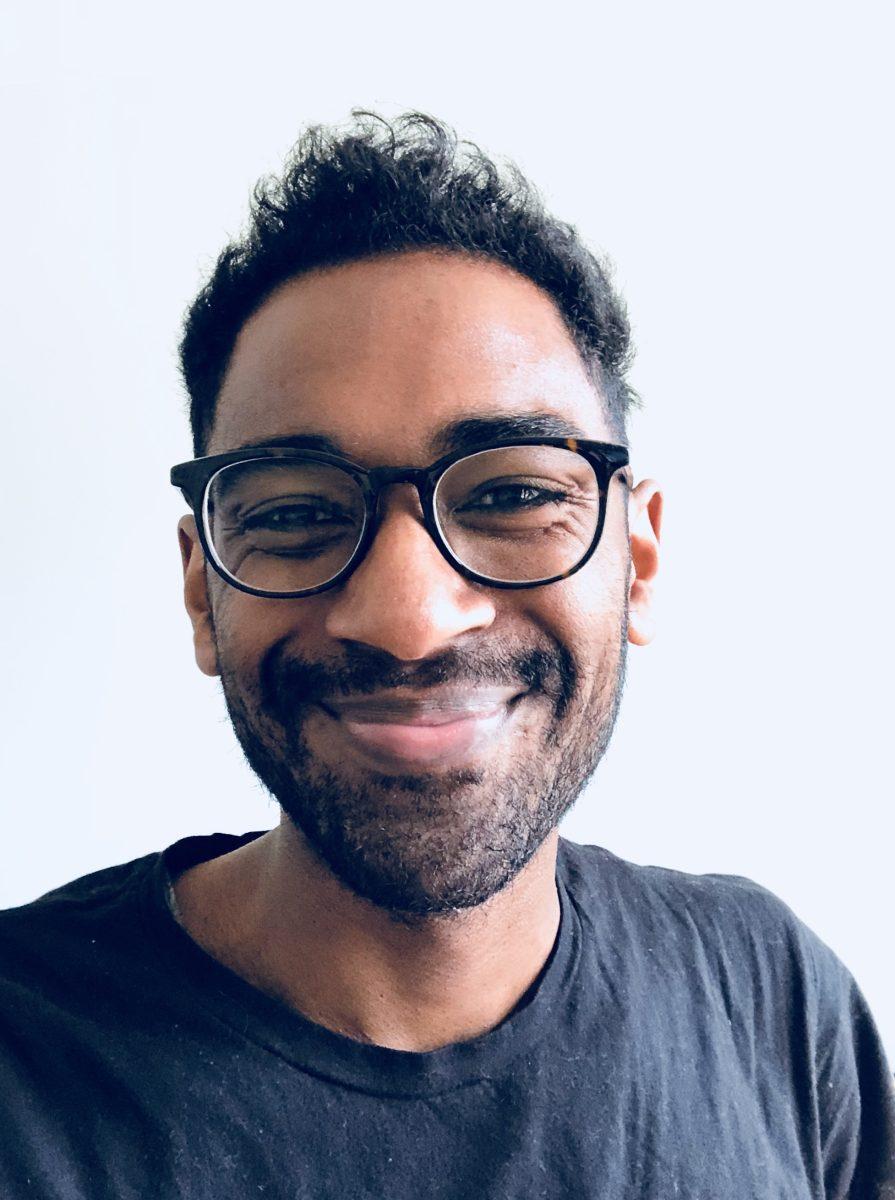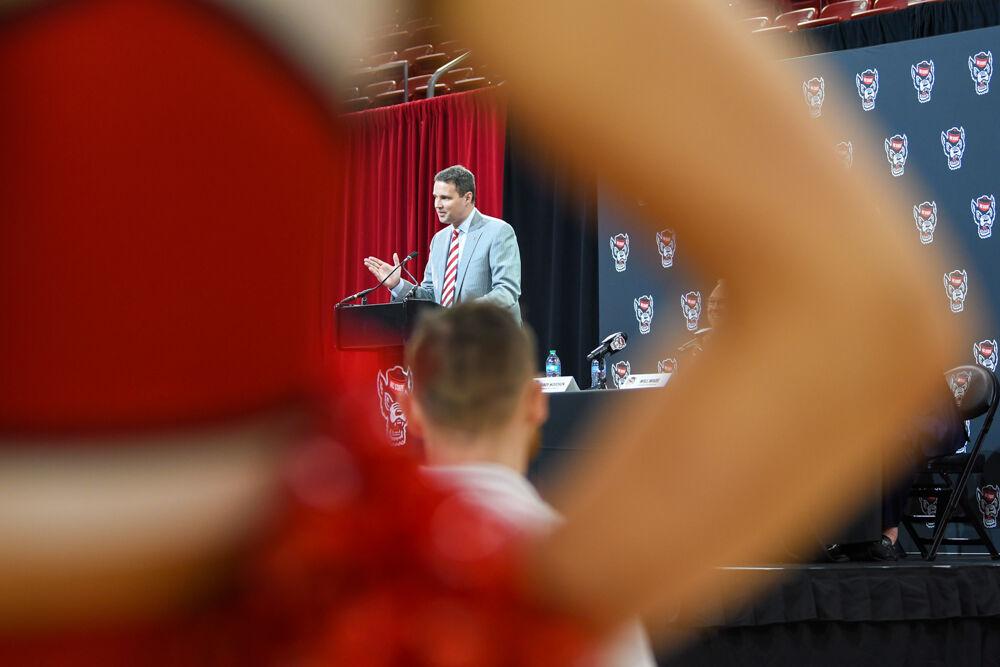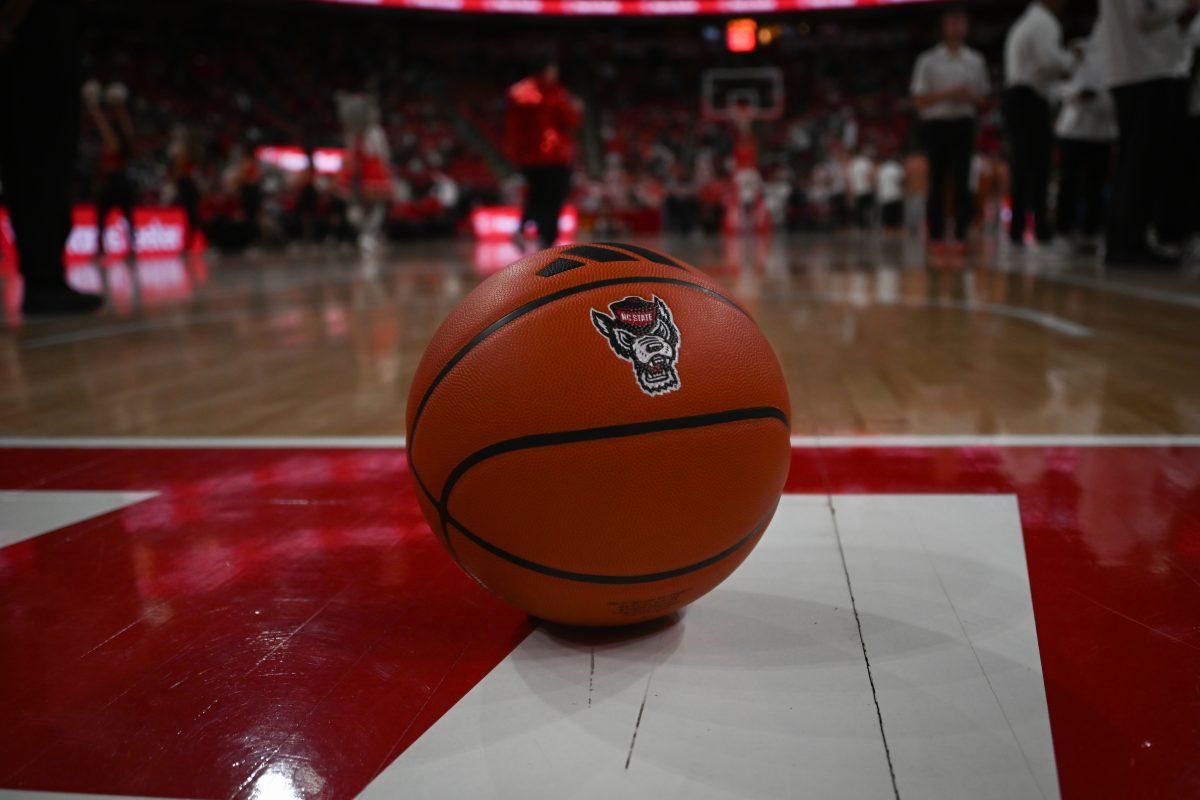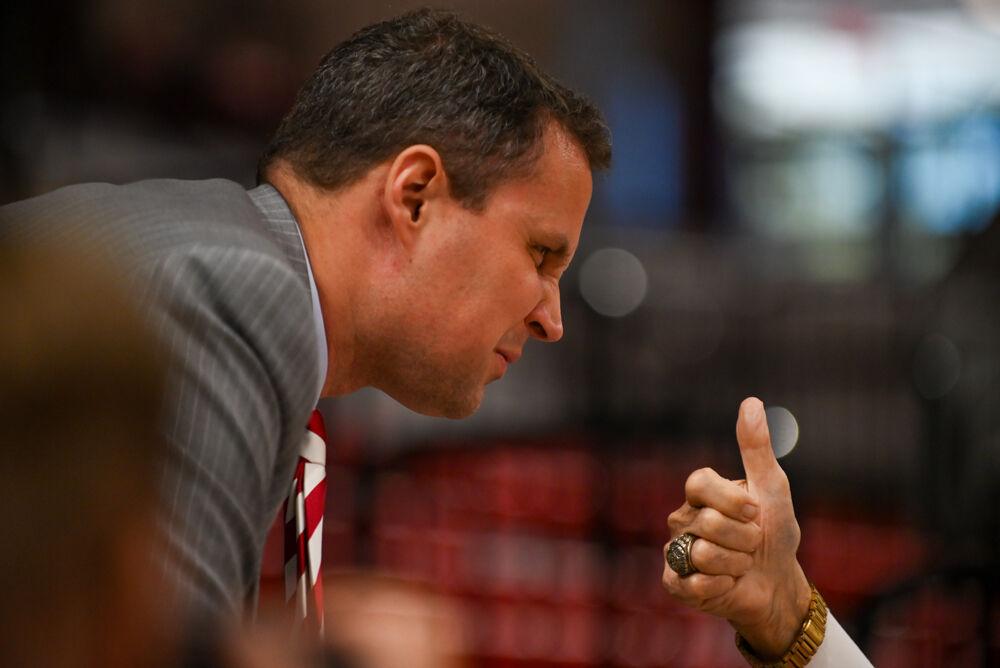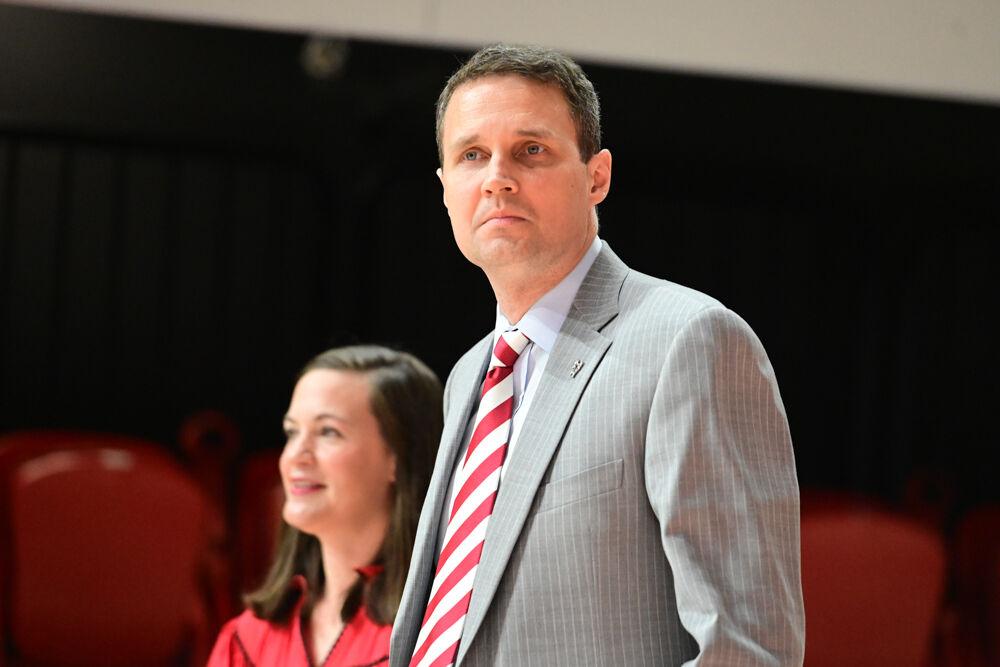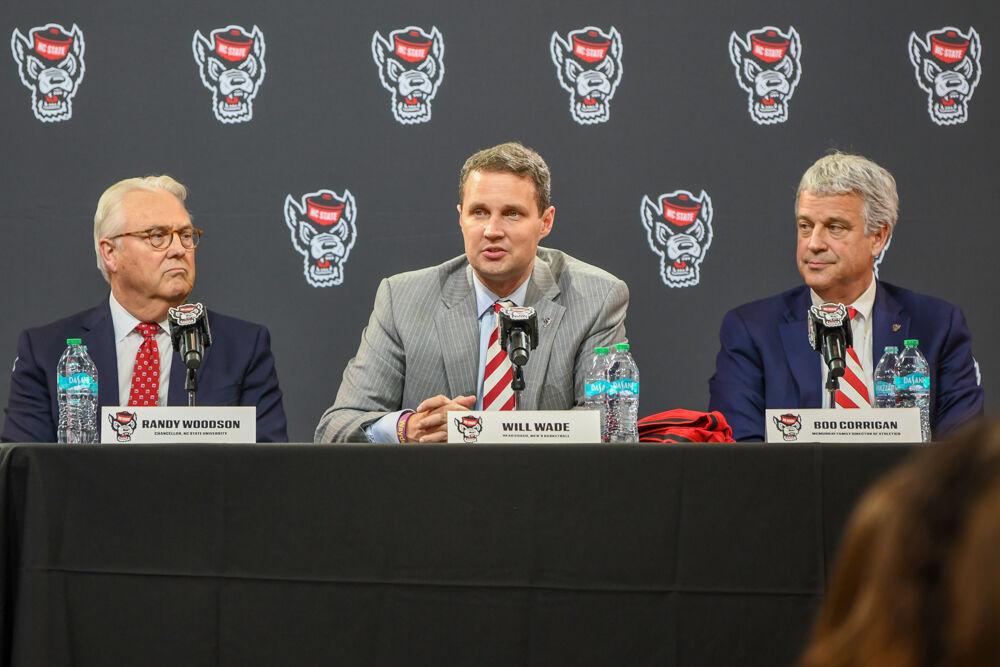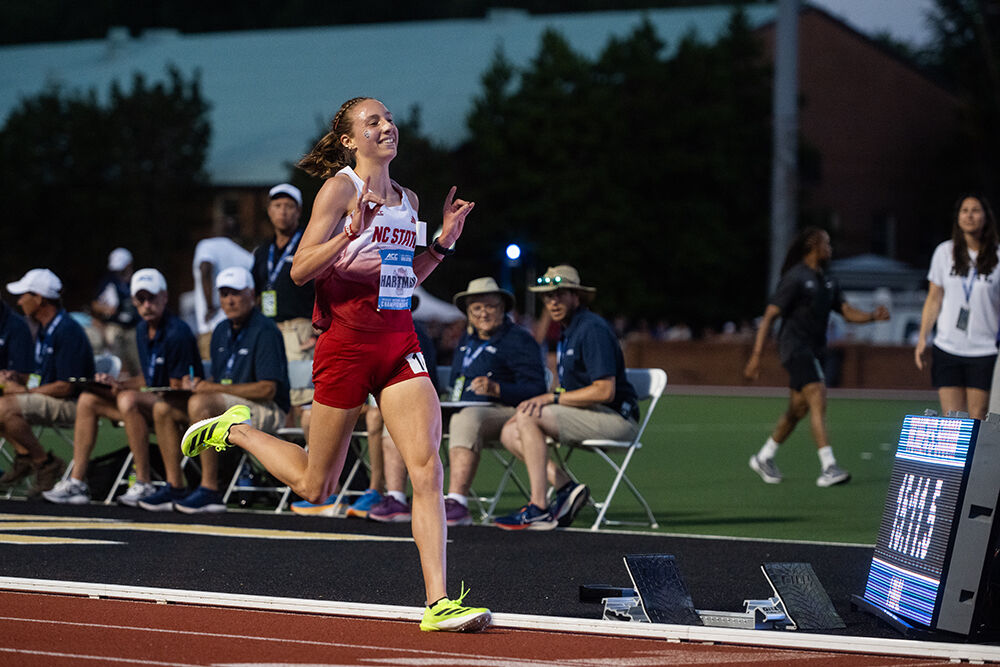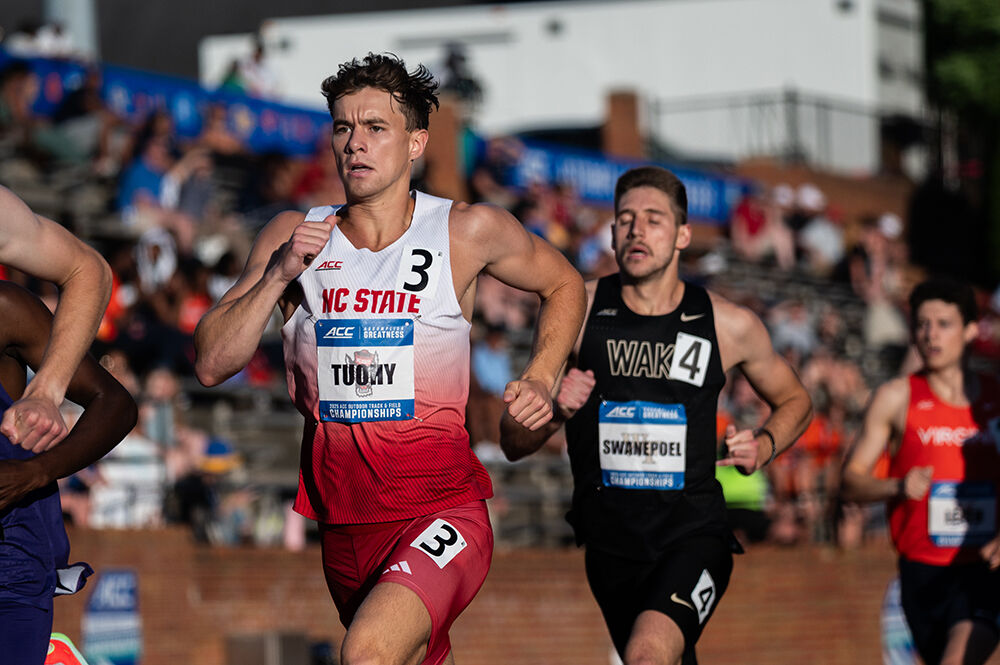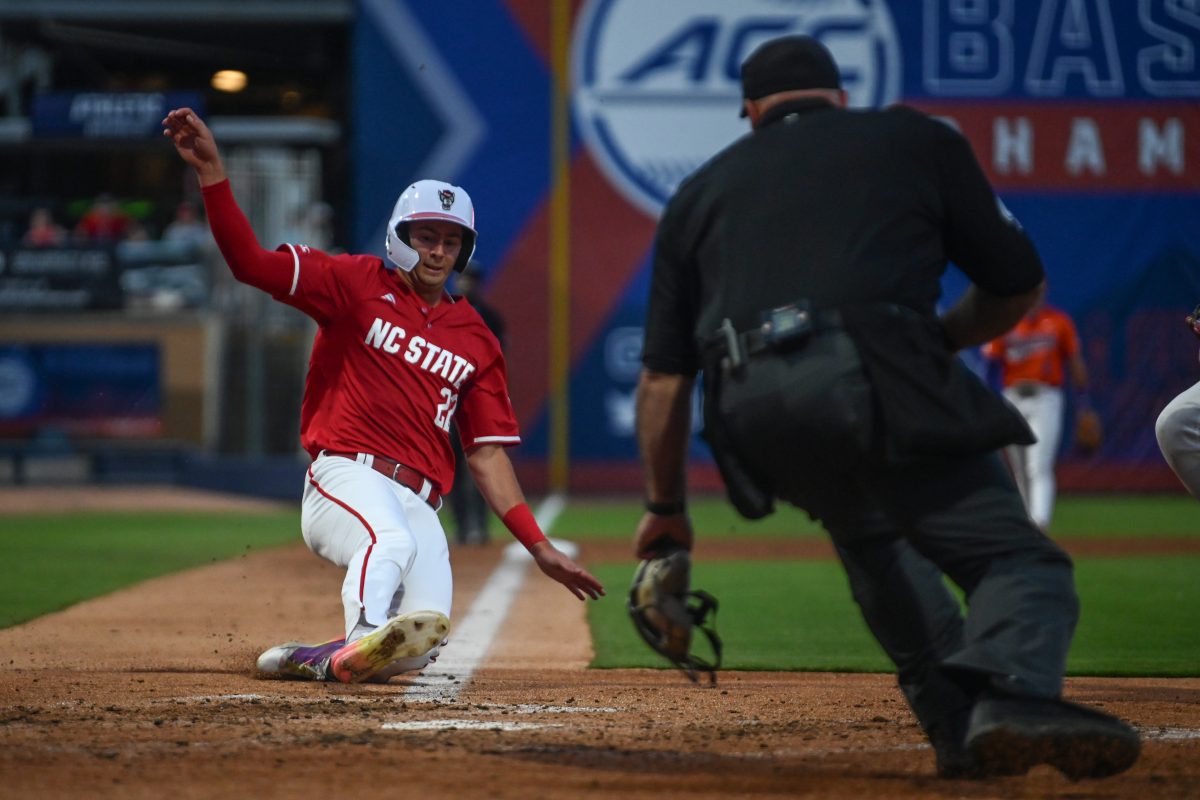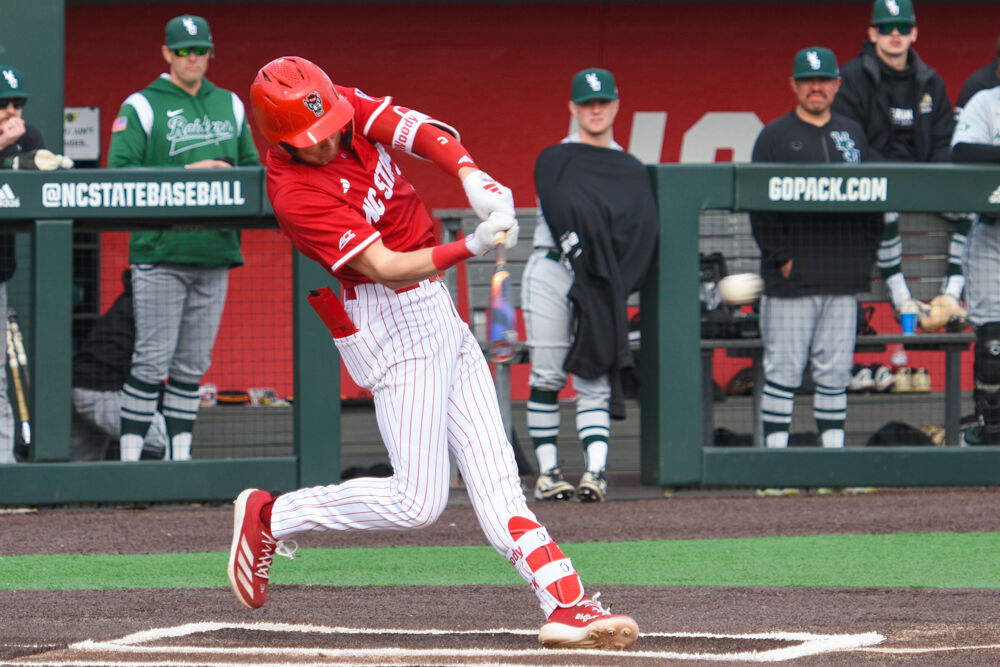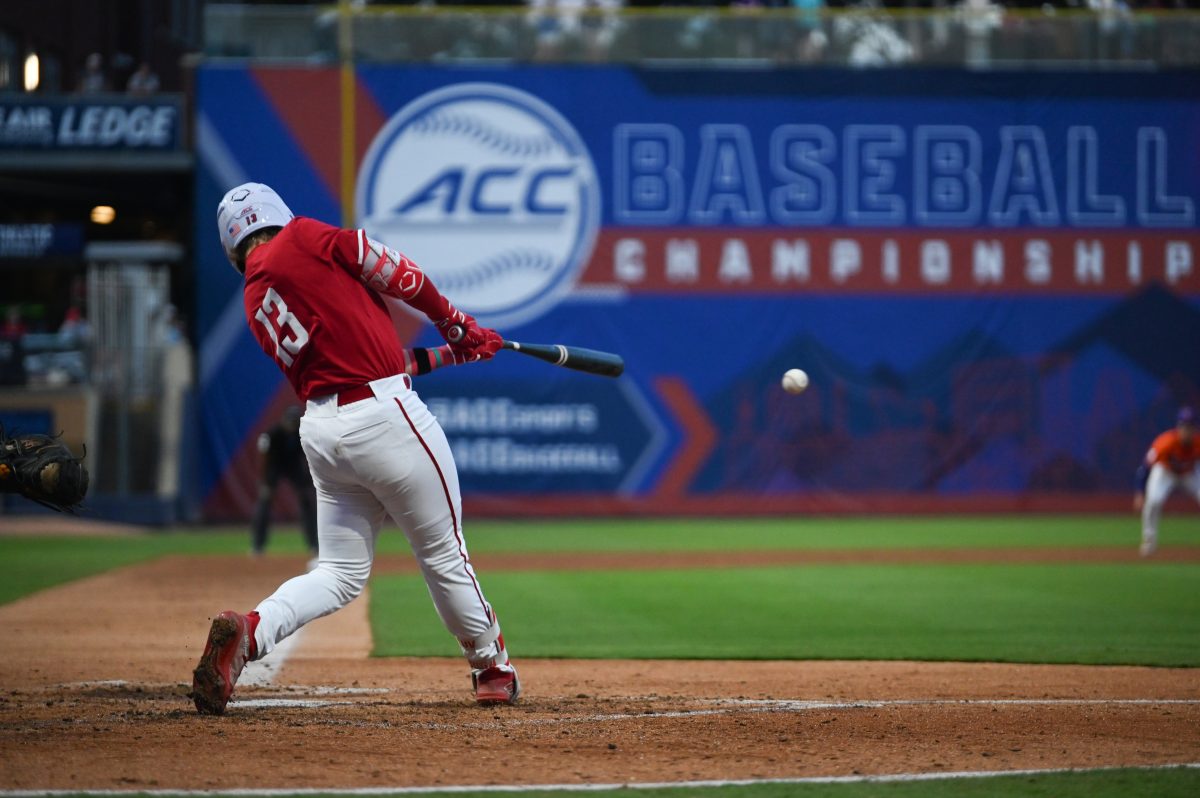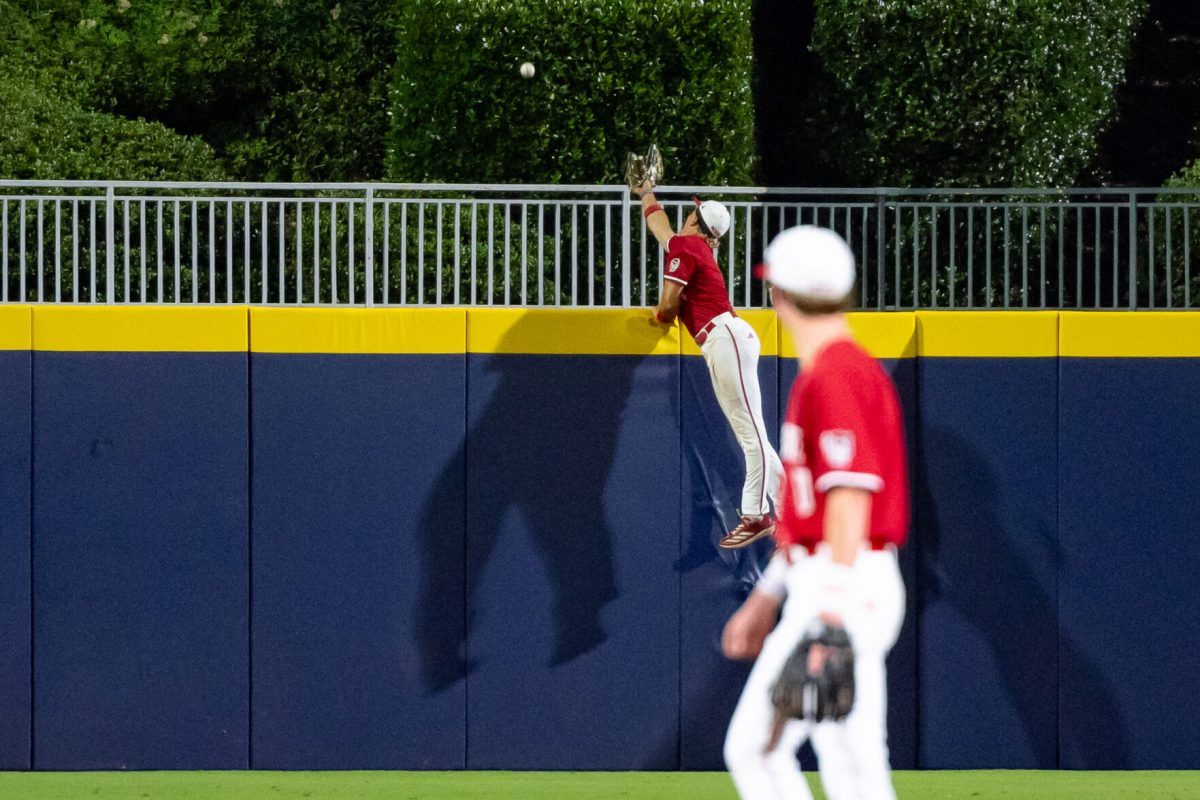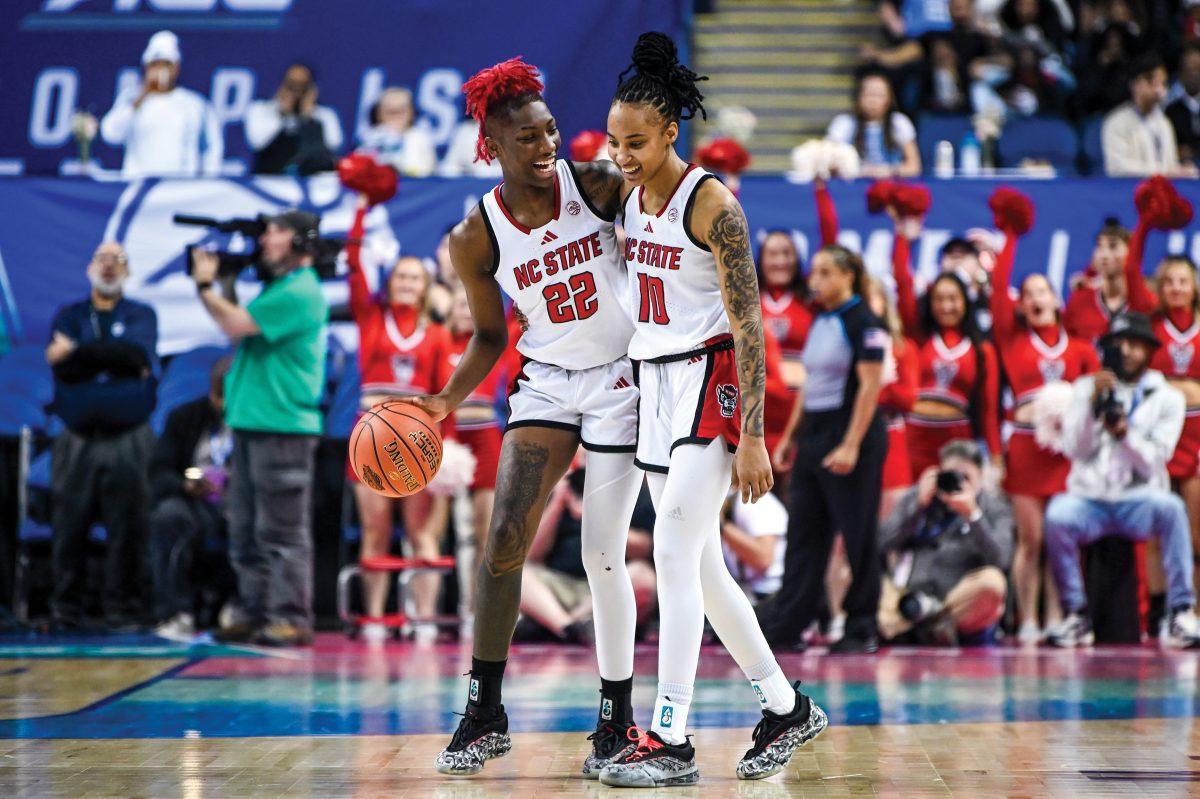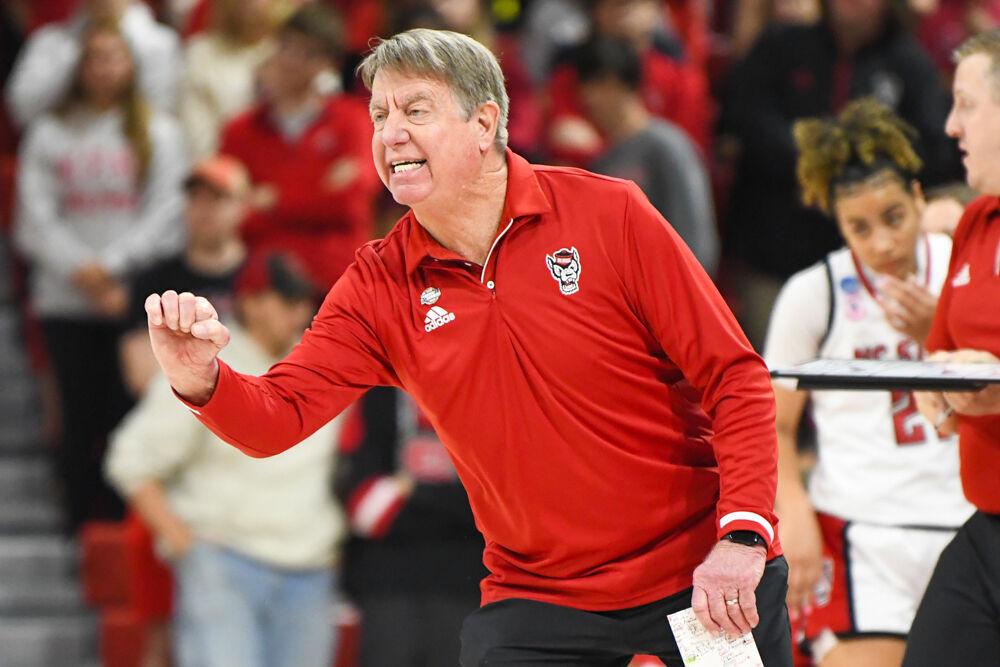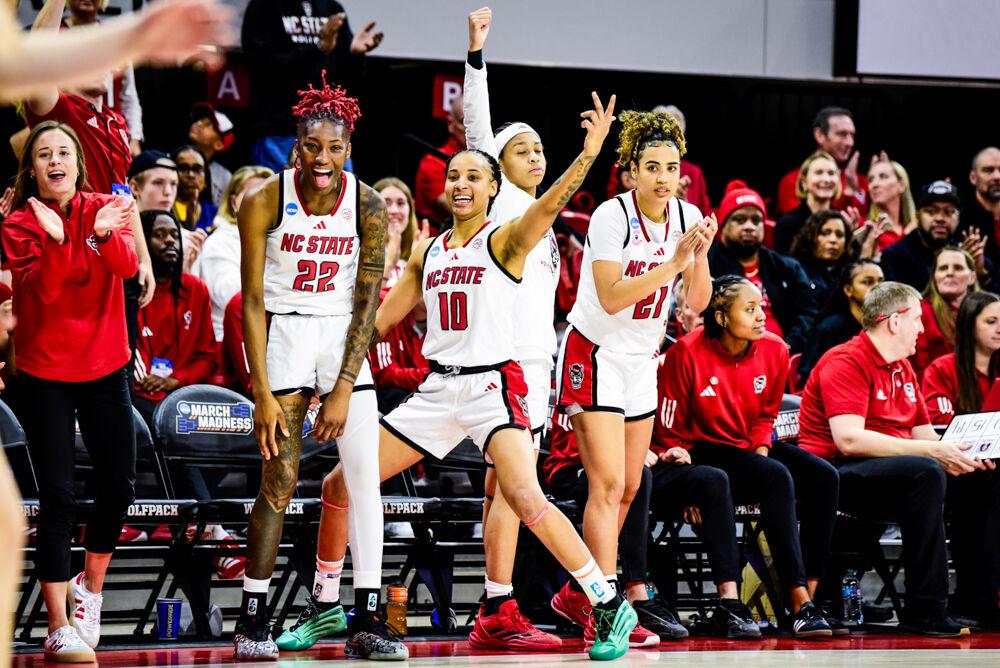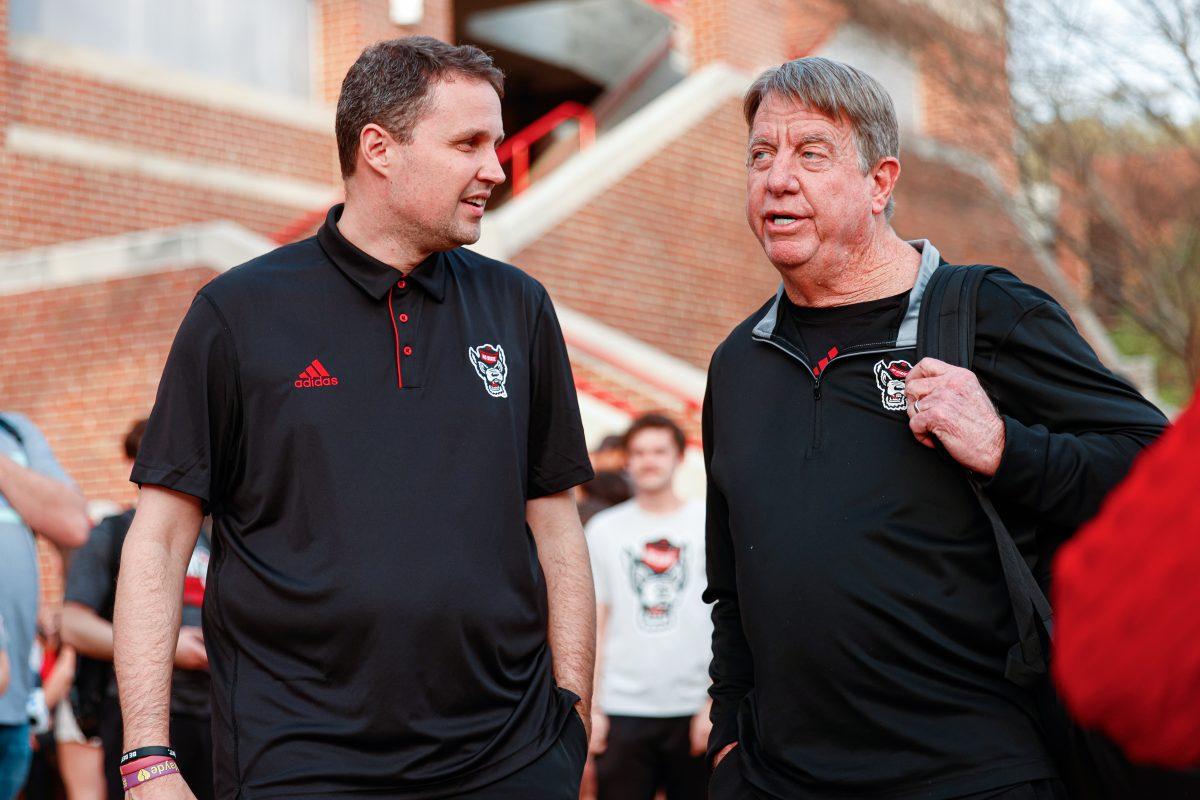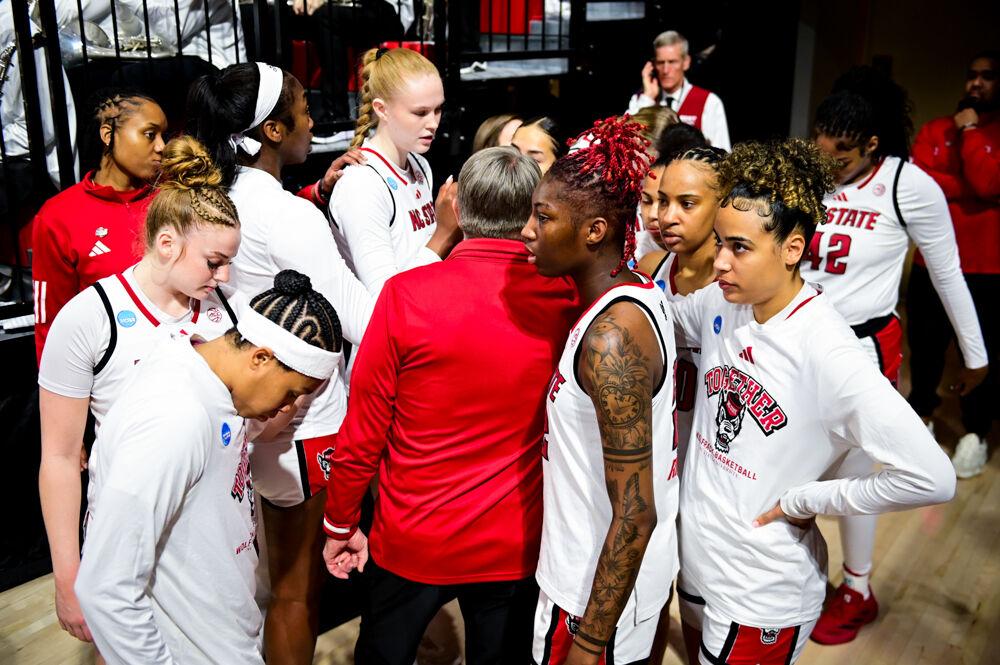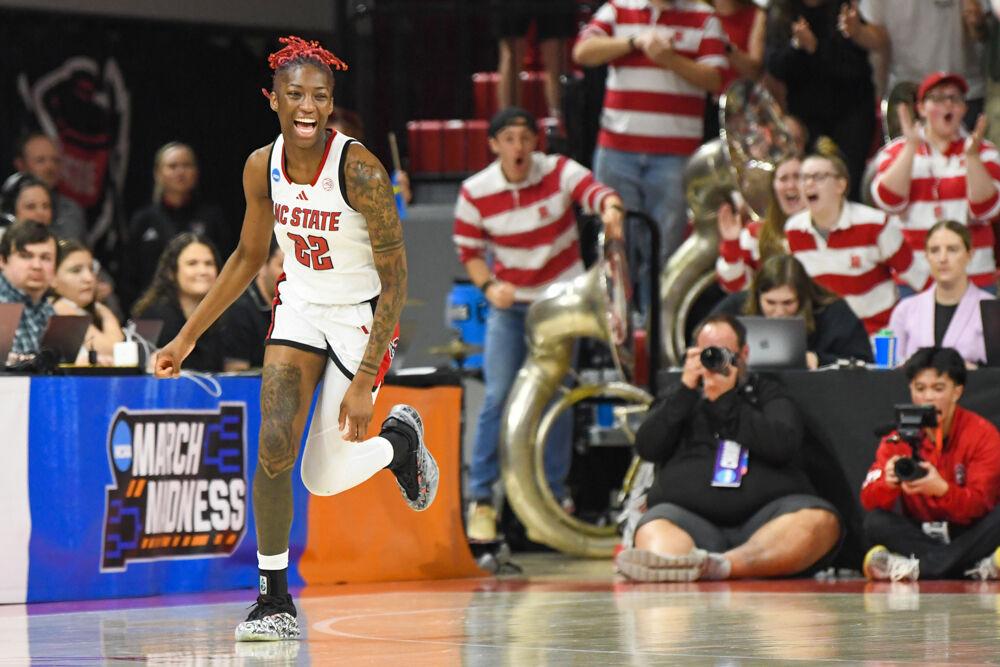Russell Westbrook has the Why Not? Foundation, which aims to help children facing all manners of hardship in underprivileged communities. In the aftermath of Hurricane Katrina, then Hornets star Chris Paul and his teammates frequently returned to New Orleans to help feed families, despite their team being moved to Oklahoma at the time. LeBron James started the LeBron James Family Foundation with the mission to minimize the high dropout rates among at-risk youth in Akron, Ohio, James’ hometown. The Sky Cares Foundation, established by the Chicago Sky, is “deeply committed to creating programs that improve the quality of life for all people with a special emphasis on promoting healthy lifestyles.”
Kevin Durant pledged $10 million to the College Track chapter, which was introduced to his hometown of Prince George County in Maryland. The program “gave students (ninth-graders to college) access to financial aid as well as tutoring services and test preparation courses and guided graduate students to transition from college to employment.” Politics have always affected the world of basketball and its participants. To continue castigating athletes for supporting their communities because of systemic oppression is an injustice all its own.
We’ve reached a cultural inflection point where our access to things like footage of police violence doesn’t just stop at body cameras or dashboards. Cell phones from neighbors, bystanders and onlookers have quickly become the standard for disseminating the violence against unarmed victims of police brutality. Basketball players have rarely ever shied away from speaking out against that kind of violence, yet the overwhelming disdain for it continues to come from pundits in conservative spaces.
From Laura Ingraham’s asinine “shut up and dribble” comments to Mike Pence’s equally foolish and inappropriate response to NBA protests over the shooting of Jacob Blake, athletes of color continue to face scrutiny for speaking out. Colin Kaepernick turned the sports world on its head for leading a peaceful, and ultimately revolutionary, stand against the systemic violence plaguing communities of color. The result, as you would expect it, came in the form of continuous blackballing by the NFL, as well as public and political scrutiny over kneeling.
In 1961, Boston Celtics legend Bill Russell led a boycott before his game against the St. Louis Hawks. According to reports leading up to the boycott, “Two Boston players and future Basketball Hall of Fame members, Sam Jones and Thomas ‘Satch’ Sanders, were refused service in the coffee shop at their team hotel in Lexington.” What followed was a protest led by Russell in the form of a walkout involving himself and several teammates. It forced those present to acknowledge the mistreatment of Black athletes regardless of their legendary status in the league.
Nearly 60 years later, BIPOC athletes still find themselves protesting newer and more bolstered systemic and institutionalized disparities. We can look to the WNBA as being the purveyors of the most recent push for social and political change. Minnesota Lynx star Maya Moore stunned fans and analysts alike after opting to sit out the 2019 WNBA season in an effort to help free Jonathan Irons from imprisonment. Irons was wrongfully convicted in Moore’s home state of Missouri, and in July, she helped end Irons’ wrongful imprisonment.
The response in our own city has been considerably dismal after both NC State’s men’s and women’s basketball teams tweeted their support for the Black Lives Matter movement. “You’re either part of the problem or part of the solution” the account for the men’s team stated. Both statements acknowledged the violence in remaining silent during these times yet several online users felt “betrayed” by college athletes publicly decrying systemic and institutionalized violence. The most important conversations might very well be the most difficult for many North Carolinans not familiar with the disparity these teams speak out against. The problem, however, comes in using false information to prop up opposition that so desperately need not come up.
Despite the social presence they possess and the admiration these athletes draw at home and abroad, the running trend as of late is telling players that they need to stick to their sports and that politics “has no place in it.” For anyone refusing to acknowledge the past, let alone the present, it becomes easy to dismiss these grievances. For anyone looking for an excuse to avoid responsibility in effecting social and political change, the mantra “shut up and dribble” seems commonplace. Politics in sports is not only unavoidable, but to consider separating the two is inconceivable. The current administration and its pundits have even targeted BIPOC athletes on several occasions for calling out still-present systematic disparities. So much for keeping politics out of sports.


